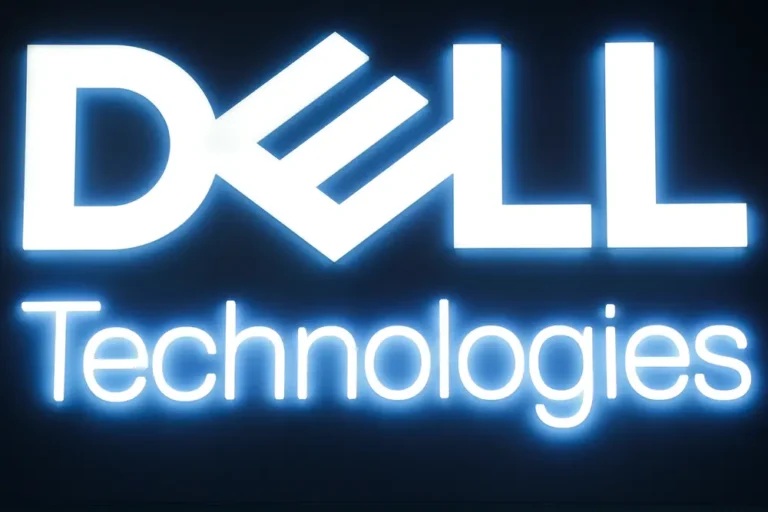Deepset, an AI startup that helps companies build apps with LLMs, just raised $30 million with this 12-slide pitch deck

- Deepset, a German AI startup that offers LLM developer tools, has raised $30 million.
- London-based investor Balderton Capital led the round into the five-year-old company.
- The company wants to expand its Haystack product and grow its presence in the US.
Deepset, a German AI startup, has raised $30 million in a round led by Balderton Capital, a Revolut investor.
The Berlin-based company, founded in 2018, provides enterprise developer tools to companies such as Airbus and Siemens in order for them to build applications with LLMs. Deepset’s natural language processing enables businesses to query their own data more quickly and at a larger scale, even without specific AI expertise.
Deepset’s capital raise comes at a time when AI startups account for a larger share of venture capital dealmaking. According to Crunchbase data, AI startups raised $25 billion in the first half of the year against a backdrop of declining VC investment.
“We definitely had a lot of tailwinds from the increased interest in AI,” said Deepset CEO Milos Rusic.
“However, it was critical that we made strong progress on the critical metrics over the last year, had a clear product market fit of the commercial product with a number of paying customers, and were clear about how to grow the business in the future.”
Deepset’s Haystack framework, which was released in 2019, is an open-source technology that allows developers to create a wide range of applications, such as allowing law firms to embed LLMs into their systems to find precedents, regulations, templates, and cross-reference data.
Balderton Capital led the $30 million round, which also included participation from existing investors GV and Harpoon Ventures. This latest round of funding brings the company’s total funding to $46 million.
The funds will be used to expand Haystack and its cloud operations, particularly in the United States.
“After the initial use cases have been tackled with LLMs, enterprises are looking to expand the usage within their organizations,” Rusic added. “Managing the lifecycle of this growing number of LLM applications is proving difficult for them.” Right now, the emphasis is on detecting and resolving hallucinations.”






